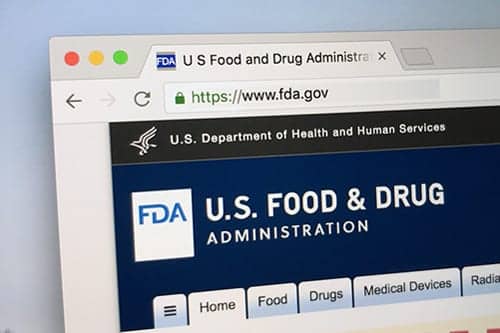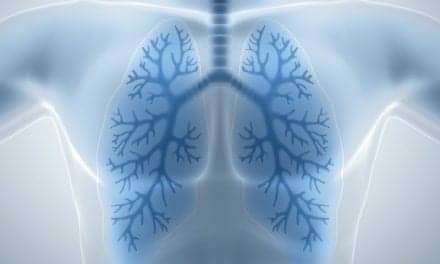Spirovant Sciences, a gene therapy company developing treatments and cures for genetic lung diseases including cystic fibrosis, today announced that the US Food and Drug Administration (FDA) has granted Orphan Drug and Rare Pediatric Disease Designations to its lead product candidate, SPIRO-2101, for the treatment of cystic fibrosis.
SPIRO-2101, an inhaled adeno-associated virus (AAV) gene therapy, is designed to replace a defective cystic fibrosis transmembrane conductance regulator (CFTR) gene in patients with class 1 mutations or in those who are unable to tolerate an existing CFTR modulator. SPIRO-2101 contains an evolved AAV capsid engineered to have high tropism to human airway epithelia. This treatment is designed for these patients who currently have no approved modulator therapies.
“Cystic fibrosis is an incredibly debilitating and devastating disease,” said Joan Lau, PhD, Chief Executive Officer of Spirovant Sciences. “Receiving Orphan Drug and Rare Pediatric Disease Designations for SPIRO-2101 underscores the urgency for a treatment option for these patients, particularly those with very rare and more severe types of cystic fibrosis, the nonsense mutation subtype. With these important regulatory milestones, combined with our amazing and growing team, we are well positioned to advance SPIRO-2101 into the clinic and offer hope to these patients.”
The FDA grants Orphan Drug Designation to drugs and biologics intended for the safe and effective treatment, diagnosis or prevention of rare diseases or conditions affecting fewer than 200,000 people in the United States. Orphan Drug Designation provides benefits to drug developers designed to support the development of drugs and biologics for small patient populations with unmet medical needs. These benefits include assistance in the drug development process, tax credits for clinical costs, exemptions from certain FDA fees and seven years of marketing exclusivity.
Rare Pediatric Disease Designation is granted by the FDA to encourage treatments for serious or life-threatening diseases primarily affecting children 18 years of age and younger and fewer than 200,000 people in the United States. Under the Rare Pediatric Disease program, a sponsor that receives approval for a drug or biologic for a “rare pediatric disease” may qualify for a priority review voucher that may be sold or transferred.










